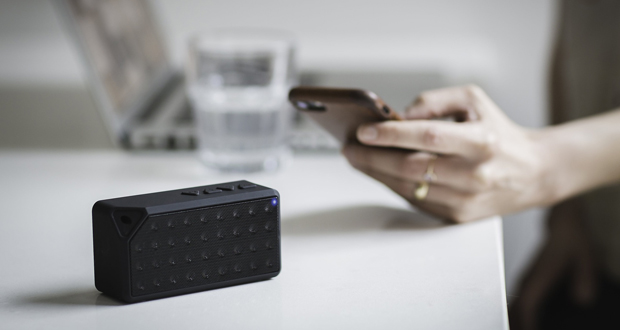
As modern technology progresses at a faster and faster rate, hotel guest expectations are also on the rise. While this rapid advancement might be intimidating, Ted Helvey, CEO and founder of Angie Hospitality, reminds hoteliers that technological progression is something they should embrace, not fear. “This in-room technology is not only beneficial for guests, it also helps hoteliers to improve efficiency at their locations,” Helvey explains.
Throughout the past few decades, the lodging business has worked tirelessly to keep up with the latest trends in hotel technology, ranging from WiFi infrastructure overhauls to mobile communication and automation, to converged local area networks (LAN’s) to bigger, smarter televisions. These in-room amenities make it easier for guests to get what they want, when they want it, without a hassle.
For example, guests traveling on business may prefer to avoid the social interaction that those on vacation might consider significant to their lodging experience. Instead, many just want to get to their rooms as quickly as possible so they can relax. Technology-based in-room amenities make this process of checking in less stressful while still providing a sense of hospitality. “Guests can go right up to their rooms and open the door with mobile, keyless entry; they can also order room service through a speech-enabled device,” Helvey says. “Having these devices in a room is an opportunity to further engage guests when they aren’t looking for human interaction.”
These modern facilities also make it easy to maintain a comfortable, homey environment. Lighting and temperature control is a convenience that allows guests to personalize their experience while improving customer satisfaction. In-room coffee machines enable guests to relax in their rooms and still enjoy a basic morning ritual, rather than running downstairs to the crowded continental breakfast. Guest expectations are consistently based on what their experience is elsewhere, whether at home or in the workplace. The main challenge for hotel businesses is incorporating that technology into a hotel environment.
Additionally, while there is no doubt that these amenities are beneficial for hotel guests, it’s worth noting that they improve hotelier satisfaction as well. “The biggest benefit is that it enables hotels to provide additional services that recognize and engage guests,” Helvey says. He notes, too, that reminding guests about an event via phone or telephone messages is not only easier for the hotel than having an employee go room to room to put up door hangers or slide sheets of paper into rooms, it improves customer satisfaction, “as guests can get the information they need without being bombarded by staff.”
The future of the hotel industry is now. Technological advancements in hotel amenities are pushing for further advancement and adding ways to better cater to guests. “These amenities allow for a very customized hotel room experience,” Helvey concludes. “And that is what’s most important.”











